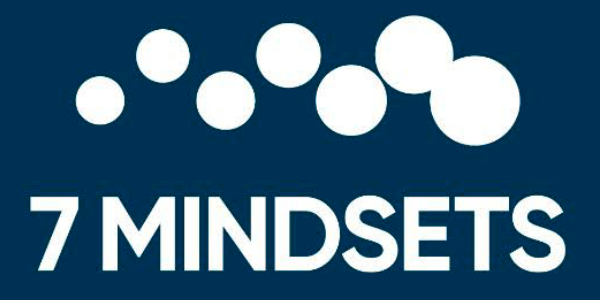Educators everywhere are gearing up for another school year. With this comes what feels like another complete transformation. New standards, new programs, new rules—all while the building-level leaders want to focus on their mission/vision, goals and values, and the possibilities of a school energized by joy and focused on academic rigor. Our hope is that this year it all comes together, and school becomes everything that we imagined—and promised—it to be.
But come October, we know we will likely be mired in the details and complexity of what weighs on us the most: stressed students, disgruntled parents, disagreeable colleagues, and new initiative—and added pressure—from the district. With these challenges, the enthusiasm and optimism of July, August, and early September are easy to lose sight of and to forget. This is the unfortunate rhythm of education.
So how do we change the cycle?
Empowering Educators
Look, I am all for Dreaming Big, but the key to true change is the little things. There are no practical big sweeping changes in something as complex as transforming education. It is the little things that are the big things, and big change can only happen through a series of small—but significant—things.
Here are three ways educators can start small but finish big on the path to transforming education.
1) Dream small.
In the world of education, staying present and focused on the task at hand is critical for educators. It’s easy to become overwhelmed and lose sight of the immediate goals and priorities. However, maintaining a present mindset is essential for both personal well-being and professional effectiveness. By staying present, educators can fully engage with their students, fostering stronger connections and creating meaningful learning experiences. Dreaming small is all about looking for the little things we can do each day that add up. It could be making eye contact with your colleagues as you walk down the hallway, connecting with a specific student each day or even a personal goal of having more gratitude in your own life and looking for the good in each day.
DAILY INSPIRATIONAL REMINDERS
Sign up to Receive Morning Mindsets
We can easily get overwhelmed with the BIG things expected of us—but when we focus on the little things, they add up to all those big things. We have to get back to what is really important: the people in the building and how we connect and interact with them.
2) It takes the whole educator to educate the whole child
Education is at its best in the moments educators are genuinely connecting with students, parents and caregivers, and colleagues. Everything we do is about making those moments extraordinary and that is all about putting our educators in a position to be authentic and powerful every day.We care so much about our students that we often lose sight of ourselves. Taking care of yourself is not a selfish act. You may say you are too busy, but I say you are too busy NOT to take care of yourself. Self-care empowers you to set healthy boundaries, manage stress, and prevent burnout. It allows you to recharge and renew your passion for teaching, ensuring that you bring enthusiasm and energy into your daily interactions. By taking time for yourself, pursuing hobbies, seeking support, and practicing self-reflection, you can cultivate resilience and sustain your commitment to education.
To be authentic and powerful in your interactions, you must prioritize self-care. Nurturing your physical, mental, and emotional well-being allows you to show up as your best self in the classroom, staff meetings, and parent-teacher conferences. When you invest in your own well-being, you are better equipped to meet the diverse needs of your students and create a positive learning environment.
3) See and compel the greatness in each other.
Educators play an invaluable role in shaping the minds and futures of young people. Recognizing and celebrating each other’s achievements and contributions cultivates a sense of pride and fulfillment. It reaffirms the belief that their efforts are making a meaningful impact on the lives of students and society as a whole. When educators feel valued and appreciated, they are more likely to approach their work with enthusiasm, dedication, and a renewed sense of purpose.
Appreciating School Contributors
Ultimately, acknowledging the significance of every educator’s role nurtures a sense of belonging and purpose within the education community. It reminds them that their dedication and commitment matter, instilling a deep sense of fulfillment and motivation to continue making a difference in the lives of their students.
In my experience, there are no big sweeping changes in transforming education—including schools and the lives of the students. Great schools become extraordinary through focused efforts on small things that ultimately drive large and sustainable positive change. Likewise, great educators do the little things well, which starts with being present and finding the time and intentionality to take care of ourselves and each other. Only then can we shine the light of our greatness on the students.




